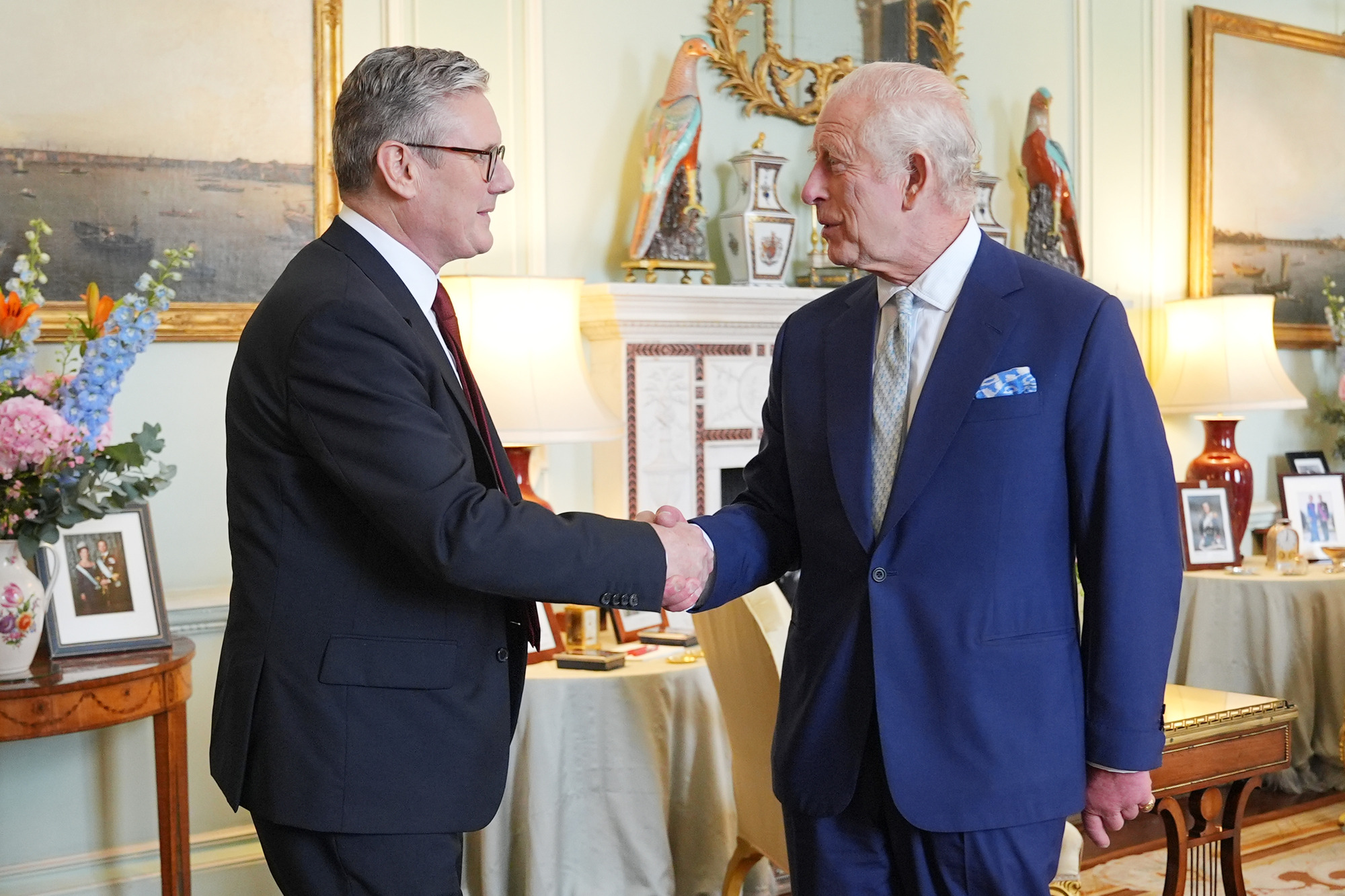Today’s first King’s Speech of the new Labour government will be a telling moment of what the party most wants to achieve while in office. Passing legislation is the slowest and most cumbersome aspect of ruling, but it is what most deeply entrenches a lasting legacy.
With a large majority and significant goodwill still enveloping the party, the new PM will never find it as easy to get his programme through as now. The bills unveiled will be a sign not just of his priorities, but of what he feels he needs to do to maintain the support of his party and the electorate.
Much of what has been trailed so far plays to Labour’s strongest supporters. The promised expansion of workers’ rights — with an end to zero-hour contracts and extension of statutory sick pay — should please unions and low-paid workers, even if some have criticised Keir Starmer for watering down certain aspects in the face of business lobbying. Similarly, the rollout of GB Energy and Great British Railways will underpin some of Labour’s flagship promises on the environment and transport.
Other bills, however, might prove more controversial within the PM’s own party. Starmer intends to beef up the role of the Office for Budget Responsibility. This might assuage markets, but it is an acknowledgement of fiscal limitations which could anger those on the Left who favour turning on the spending taps. Equally, new laws to tackle people-smuggling and anti-social behaviour might score well with the public but run the risk of raising hackles on the Left.
Perhaps the biggest challenge lies in planning. Labour has promised to unlock new levels of housebuilding and has attracted a bold Yimby-caucus among younger activists. Some of them even became MPs a fortnight ago. The leader will have to balance this, however, against the parochial instincts of newly elected MPs, Nimby constituents, and a scepticism of development within some quarters of the Labour Party. Tackling the housing crisis is a key part of Labour’s push for growth and higher living standards; being coy about it could fall flat, but boldness could have big political costs.
Elsewhere, the party leadership is likely to use the speech to mitigate some of the factional impacts of other decisions it’s making. Already, Labour has angered LGBT campaigners by continuing to implement the ban on puberty blockers. A ban on conversion therapy, likely to be included within the speech, could be a way to placate the progressive section of the party.
The speech is the first real set piece of Labour’s new government. Fights are unlikely to erupt now but in a few months, perhaps when MPs are settled into Westminster, things could change. When the honeymoon is over, factions could rise up through proposed amendments and battles over the details of bills. Getting legislation through Parliament can be a long slog, but it’s also essential to making the sort of lasting changes a new government can’t just undo with the stroke of a pen.
The King’s Speech is the real foundation of Labour’s time in office. The bills unveiled will show how Starmer wants to support those who elected him and what he wants his legacy to be. It will preview the political fights yet to come, and perhaps might be the first determinant of whether Labour’s time in power is a success or a failure.











Join the discussion
Join like minded readers that support our journalism by becoming a paid subscriber
To join the discussion in the comments, become a paid subscriber.
Join like minded readers that support our journalism, read unlimited articles and enjoy other subscriber-only benefits.
Subscribe